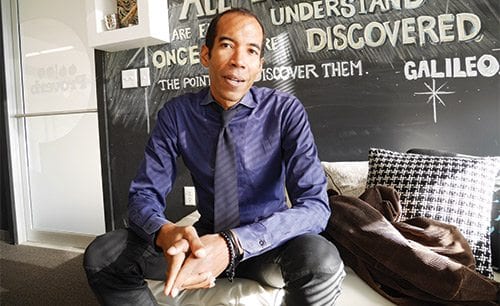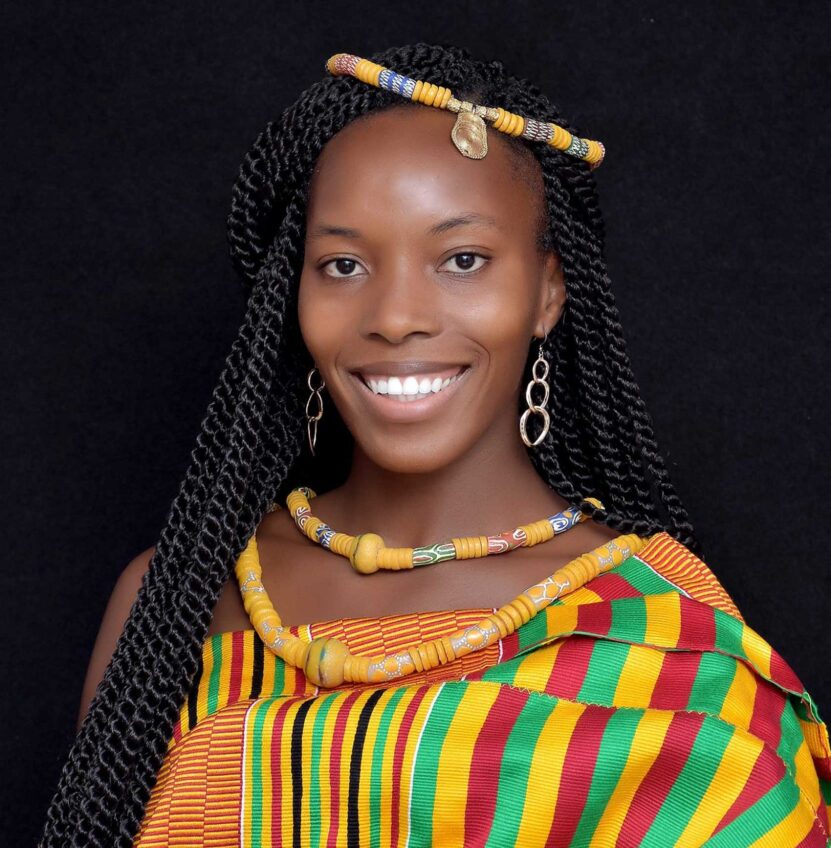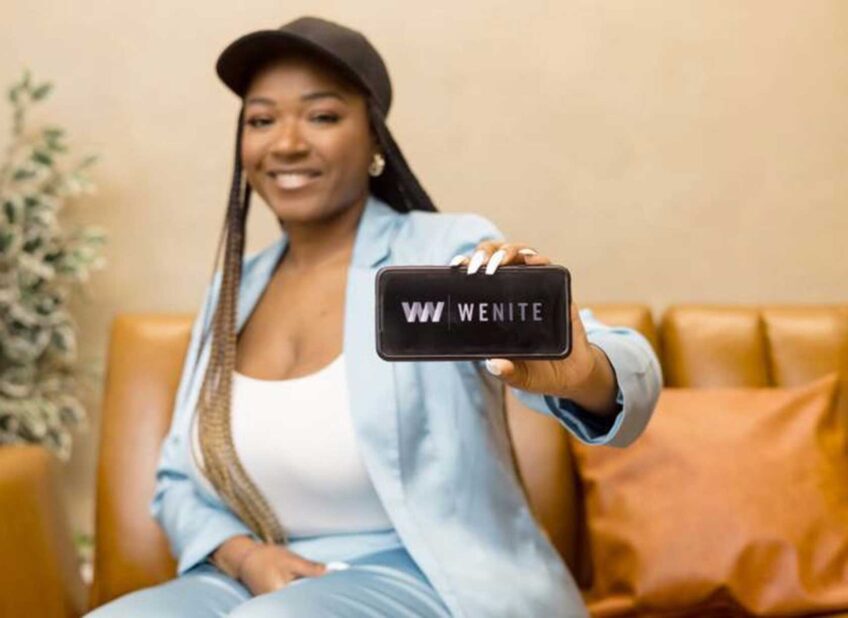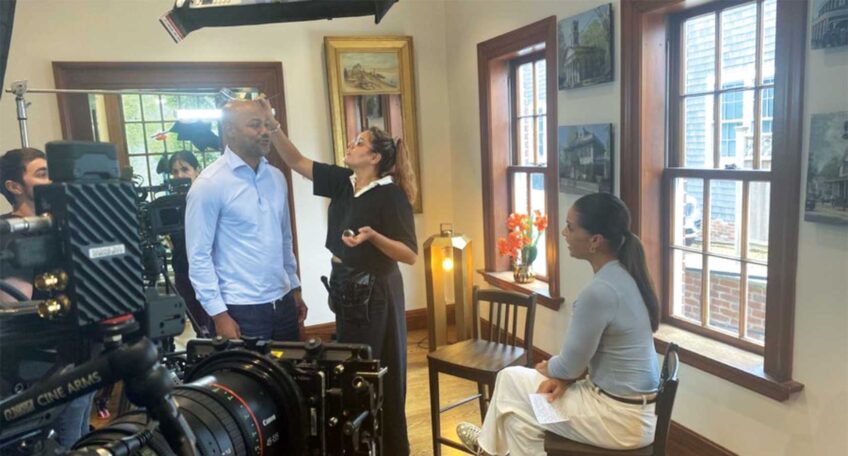Daren Bascome and Proverb
A design and branding leader that talks truth by design

How do you rebrand a religion? Daren Bascome, 46-year-old founder of Proverb branding agency, says shepherding the Universalist Unitarian Association toward a new image to engage the Millennial generation counts among the more unusual projects tackled by Proverb, recently ranked as one of the “Inner City 100” fastest-growing firms.
But Bascome and business partner Christine Needham approached it as they would any branding puzzle, with the core philosophy Proverb’s name reflects: the truth made simple.
Words like “distill” and “truth” and “wisdom” flow easily during a recent conversation with Bascome at Proverb’s office on Albany Street in Boston’s South End.
“Proverbs show up across cultures; if you go anywhere in the world, it’s a stylish way to distill wisdom down to its essence,” he explains.
The short answer on how to rebrand a religion is, “Don’t think like one.” Devising a solution meant looking beyond what other religions were doing and examining the rise in yoga interest, the (RED) campaign and ‘cause’ walks, and businesses like Lululemon, a high-end yoga wear pioneer — all appealing to progressive-minded young adults with spiritual needs.
The result was a strategy, identity, logo and web presence that distilled UUA’s message to emphasize its living tradition of personalization and social justice.
Tall, slim and cool in narrow jeans and indigo-hued shirt and tie, his wrist encircled by black leather bracelets, the Bermuda native who has made Boston home since his Massachusetts College of Art and Design days reflects on his 20-year entrepreneurship ride.
In 1997, at age 27, Bascome had put in four years at a design firm when he hung his own shingle, launching Proverb from home with “a free computer and $8,000.”
For 10 years, he worked solo, building a portfolio and a network (and along the way, getting married and having two daughters). An early client was restaurateur Christopher Myers, co-founder of Radius restaurant. Eight years later, Myers looked to Proverb again to build the brand for Myers + Chang Asian bistro.
“I made many connections, many mistakes, and learned an awful lot,” Bascome says of this first decade.
In 2007, he connected with Needham and the two joined forces to grow Proverb. Today, Needham is director of client services and Bascome is managing and creative director. The firm has grown to 15 employees, with clients in D.C., San Francisco, Los Angeles and other cities as well as Boston and Bermuda. They have built brands for a diverse array of clients: Biogen, Taza Chocolate and the Museum of Fine Arts, to name a small sample. Current projects include large real estate developments such Meriel Marina Bay in Quincy, Corsair in New Haven, Conn., and Hecht Warehouse in D.C.
Proverb has racked up a long list of design awards. Recent honors include finalist at the annual IVY Innovator Night, 2015 Youth Design Founder’s Award, and Initiative for a Competitive Inner City’s Inner City 100 list, which spotlights the fastest-growing U.S. businesses in urban areas. Fortune Magazine, which publishes the annual IC 100 list, noted Proverb’s five-year growth rate of 186 percent.
With this growth, Bascome has had to expand his focus to building an effective organization.
“As an entrepreneur, your role is about looking out for the needs of the company — putting it before you, just as a parent has to look out for the needs of a child,” he says. He cites some key support along the way, including the Interise Streetwise MBA program.
Starting a company requires a superiority complex and an inferiority complex at the same time — “I’m sure there’s a medical name for that!” he says, laughing. But in all seriousness, he has some wisdom for those just starting out:
Test and prove the idea at some level of scale — “make it real.”
Invest in a brand as early as possible. “Make this as fundamental as a business plan,” Bascome says. “The brand can dictate what form your website takes, the language you use to describe your business — making decisions more efficient.”
And finally, jump in with both feet. “You can only get so far with something if it’s just your side hustle.”
Mistakes are made every day, he says, but if he had to name one he’s learned from, it is “being too slow to make a change or an adjustment — in a process you have in place, a relationship, the way your company is organized.”
Back to rebranding religion, the UUA example serves to exemplify Proverb’s approach.
“Building up this established religion’s brand, we were looking at how to stay true to who they are and what they’ve been, and package it in a compelling way,” Bascome explains. “Consumers increasingly don’t trust advertising. They are also more empowered than ever. If you’re going to build a relationship, it’s best that it be based on truth.”






